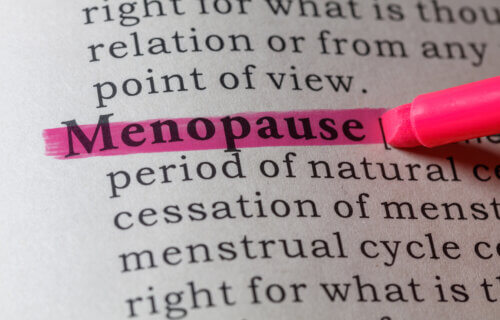CLEVELAND — Advancements in science make it possible to detect genes associated with certain medical conditions and even the timing of natural processes. One study, however, reveals other factors may help scientists predict the age at which a woman will begin natural menopause.
In recent years, factors influencing age at the onset of menopause have been one of the most extensively researched areas. In terms of family planning, being able to determine the end of a woman’s reproductive years is crucial. Such insight is also valuable in identifying women who are more prone to undergo early menopause and are more vulnerable to health concerns such as heart disease, depression, and even osteoporosis. Another major concern is the duration of unpleasant bleeding, which determines how symptoms will be managed (e.g., with a hysterectomy, a hormonal contraceptive, or opting to “wait it out.”)
The process of menopause has been studied for years. Individual differences in women’s reproductive lifespans — in addition to the extended duration of the menopausal transition — make it difficult to determine the age at which a woman will begin natural menopause. Prior investigation in this area has concentrated on a small number of predefined biomarkers. This current study, on the other hand, utilized a broad range of possible predictors to discover characteristics influencing age at natural menopause and build models for identifying it.
Elevated levels of follicle-stimulating hormone (FSH) and estradiol, abnormal periods, and menopausal symptoms, according to the study’s findings, are significant signs that a woman is nearing menopause. When calculating the age of natural menopause, the research also considers living behaviors and socioeconomic characteristics. These include alcohol intake, use of hormone contraceptives, smoking habits, relationship status, and physical fitness.
Although bigger, more in-depth research is still needed, knowing these characteristics and a woman’s total risk level might assist physicians when selecting contraceptive choices and therapies for menopausal symptoms.
“This study, although conducted in a small number of women, adds to our knowledge regarding what factors are important in a prediction model for the age at which a woman will enter menopause,” says Dr. Stephanie Faubion, medical director of the North American Menopause Society (NAMS), in a statement.
“Accurately predicting age at natural menopause,” she adds, “would better inform how we counsel women regarding multiple issues, including cardiovascular risk, family planning and contraception, and management of perimenopause issues such as irregular or heavy menstrual bleeding, vasomotor symptoms, and mood changes,”
The study’s results are published in Menopause.
https://youtu.be/iXqjLlHWsVY
